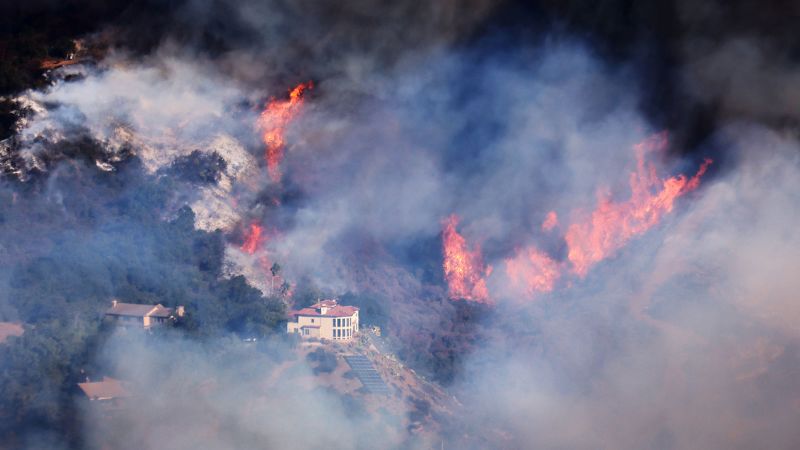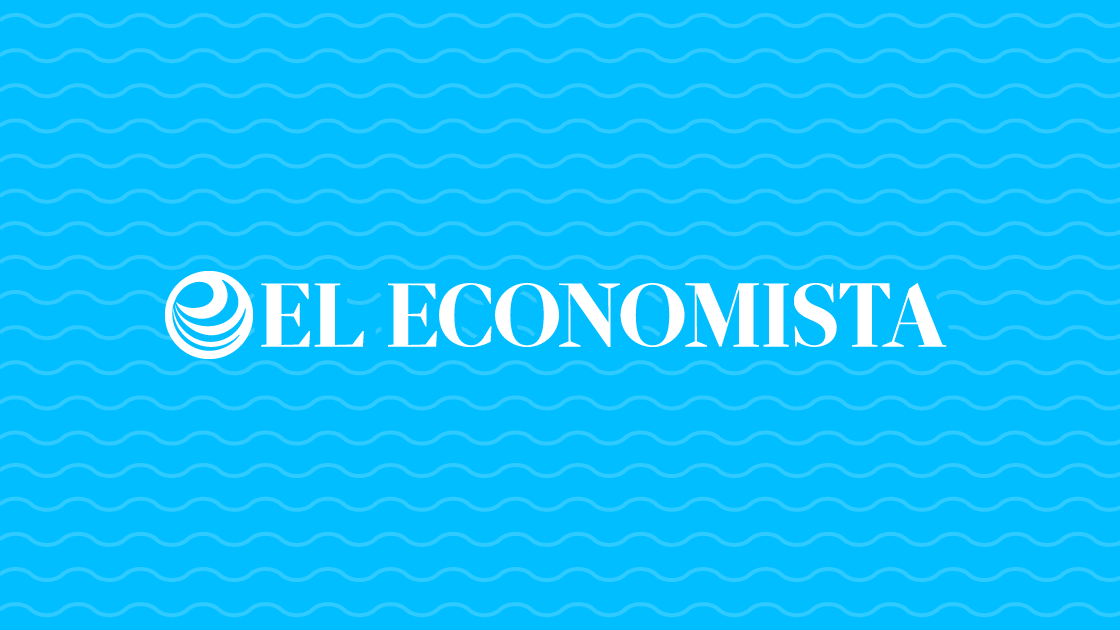What needs to be watched as talks resume on Iran’s nuclear program resume, Stratfor said, adding that these talks will help ease growing concerns about a regional conflict by pointing to a possible path forward with the deal.
However, he added, it is unlikely that negotiators will quickly resolve the sticking points that halted the talks last March, and will continue to impede any progress, according to the opinion of the American website.
“Stratfor” stated that the talks – as confirmed by the Iranian Foreign Ministry – will take place in the Qatari capital, Doha, starting today, corresponding to June 28.
He hinted that the issues that brought down the previous talks – namely increased Iranian nuclear activity and the list of demands to resume compliance with the JCPOA – have not yet been resolved, and thus could derail the talks again.
Tehran is likely to avoid any naval, missile, or covert actions that could disrupt the West’s willingness to cooperate, helping to contribute to some regional stability.
The site believes that the talks will also help ease regional tensions, even if it does not eventually lead to a nuclear agreement. As Iran’s negotiating team explores its options, Tehran will likely avoid “more aggressive” naval, missile, or covert measures that could disrupt the West’s willingness to cooperate, helping to contribute to some regional stability.
The “US website” added that regional actors seem to support a return to the Joint Comprehensive Plan of Action, which will contribute to facilitating the talks.
He noted that other regional powers such as Saudi Arabia and the UAE have been engaged in security-focused talks with the Iranian government in recent months, with recent reports indicating that Riyadh and Tehran are considering reopening their diplomatic offices.
Stratfor concluded that the ongoing talks in Doha confirm the desire of the Arab Gulf states to reach an agreement that would improve regional cooperation and security.



:max_bytes(150000):strip_icc():focal(744x457:746x459)/wildfire-LA-Fire-Hydrants-Running-Dry-010825-03-4f53b928bf624e72a7f73a8ea45cf902.jpg)
